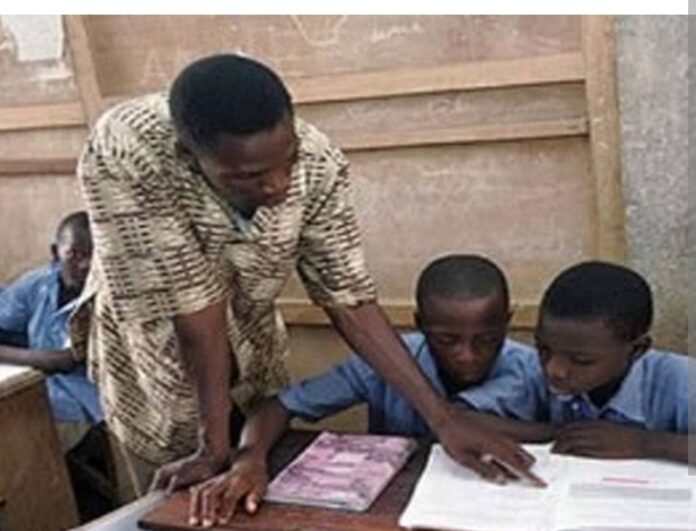UNICEF, Other Stakeholders Attribute Too Little Spending On Basic Education To Foundational Learning, Numeracy Challenge
The first problem confronting educational development in Nigeria has to do with spending too little money in the sector, just 1.2 percent of its Gross Domestic Product (GDP) is spent on education, whereas the international benchmark is 4-6 percent, the United Nations Children’s Fund, (UNICEF) has lamented.
According to the UN intervention agency, even the paltry 1.2 percent funding is not properly spent in areas where it will make an impact.
It noted that more investments between the range of 45-50 percent of the nation’s education budget ought to be channelled to primary education if the Nigerian government is desirous of giving foundational literacy and numeracy a boost among children.
These were part of the submissions of the Chief Education Officer, UNICEF Nigeria, Saadhna Soobrayan at a seminar on foundational literacy and numeracy held in the UN House, Abuja recently.
“So the first problem on education in Nigeria is spending too little money on education, Nigeria is spending 1.2 percent of its GDP on education, the international benchmark is 4-6 percent and even the available fund is not being spent well.“
“Presently 28 percent of Nigeria’s education budget is been spent on higher education “When children in primary school cannot read write and count.
“We need to get the budget right and increase the volume of expenditure, the country needs to improve the efficiency of expenditure to primary education,“ Saadhna declared at the seminar on foundational literacy and numeracy.
According to the UNICEF Chief Education Officer, the UN agency has variously re-echoed the need to train the teaching personnel by making available instructional materials to fully scale up programs such as Reading and Numeracy Activity (RANA), Early grade reading (the USAID model) and Teaching at the Right Level (TaRL).
She noted that stakeholders should deploy the next five years to scale up improvement in literacy and numeracy skills.
Saadhna said political will, and human and financial resources, would be indispensable tools especially when all of these challenges and prospects have been itemized, it requires just revisiting the drawing board.
Meanwhile, in a response to this observed shortcomings on the part of the government, the Director, Bof asic Education of the Federal Ministry of Education, Dr. Folake Davies, said government steps were on to domesticate some of the laudable programs following the displayed evidence in the Northern part of the country.
Davies, claims the Federal government is developing a policy framework that would serve as a blueprint for the practitioners, including a support base for foundational literacy and numeracy practice across the country.














